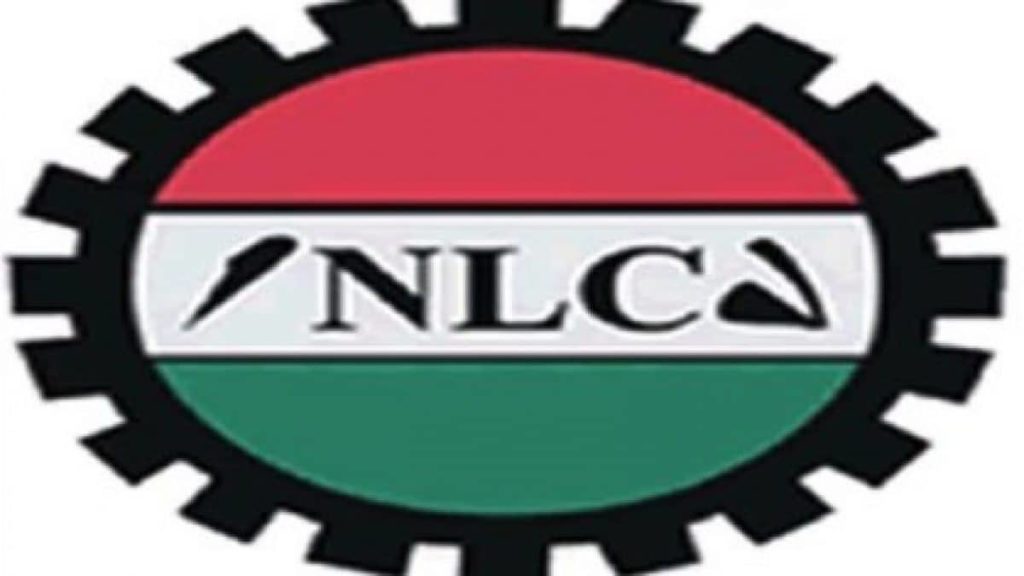With the current hardship and hunger ravaging Nigeria, the call for an increase in the pay of workers have been on a steady rise.
Dealing with the economic reality in the country requires money and when we mean money, we are talking about reasonable money not the little salary people use to earn.

These days, many Nigerians finish their salary on transportation to work.
Those whose salary survives after removing transport money, does not survive feeding not to talk the numerous ‘gbese’ which must have accumulated within the month.
Well, luckily for Nigerians, the Organised Labour was able to able with the government forcing an increase in the minimum wage of workers in the country.
Following lengthy discussions among government, private sector representatives, and labour unions, the minimum wage was raised from ₦30,000 to ₦70,000, effective from a bill signed into law by President Bola Ahmed Tinubu on July 29, after the National Assembly passed it on July 18.
New Minimum Wage Implementation By Governors
A Federal Government committee led by the Head of Civil Service of the Federation, Esther Walson-Jack, outlined payment adjustments last month, and the Federal Government has since implemented the new wage.
But guess what?
While at least 20 Nigerian states have begun paying the newly approved minimum wage or plan to start this month, others are still mute leaving workers in uncertainty.
Many states have also engaged in their own negotiations with labour leaders and, in some cases, set higher wages than the federal rate.
Minimum Wage In Different States
For instance, Lagos and Rivers lead with ₦85,000, while Bayelsa, Niger, Enugu, and Akwa Ibom states have set a minimum wage of ₦80,000.
Increased state revenue allocations due to the removal of the petrol subsidy have supported these higher rates, with federal, state, and local governments now receiving about ₦1.1 trillion monthly from the Federal Account Allocation Committee (FAAC).
State-specific wage agreements include: Abia (₦70,000), Adamawa (₦70,000), Anambra (₦70,000), Jigawa (₦70,000), Borno (₦70,000), Ebonyi (₦75,000), Edo (₦70,000), Delta (₦77,000), Gombe (₦71,000), Ogun (₦77,000), Kebbi (₦75,000), Ondo (₦73,000), Kogi (₦72,000), and Kwara (₦70,000).
Workers In Frustration
Meanwhile in Osun, workers have been left in frustration by the Governor Adeleke administration.
The pain of seeing other states receive a raise in payment has left a mark in their hearts.
Well, there might be hope.
The state’s Minimum Wage Negotiation Committee, led by Governor Ademola Adeleke’s Chief of Staff, Kazeem Akinleye, will meet with labor leaders to finalize adjustments.
In Benue, a committee is expected to conclude its report this week to determine an appropriate wage figure.
Deputy Chairman of the Trade Union Congress, Tommy Okon, criticised any governor yet to adopt the new minimum wage as “insensitive” to worker needs, stressing that states now have the financial means to meet this commitment.

